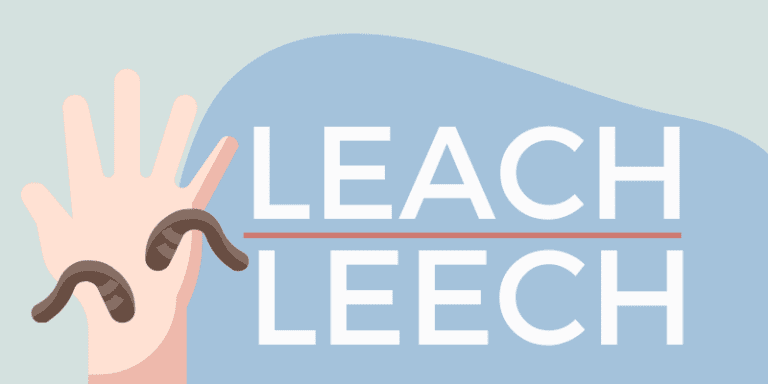1 Comment
Let’s vs lets
Let’s is a contraction of let us, often used as an imperative. If one can replace let’s with let us, then it is a contraction and therefore, needs an apostrophe. The use of contractions is not a modern phenomenon, contractions came into use during the period when Old English was …


